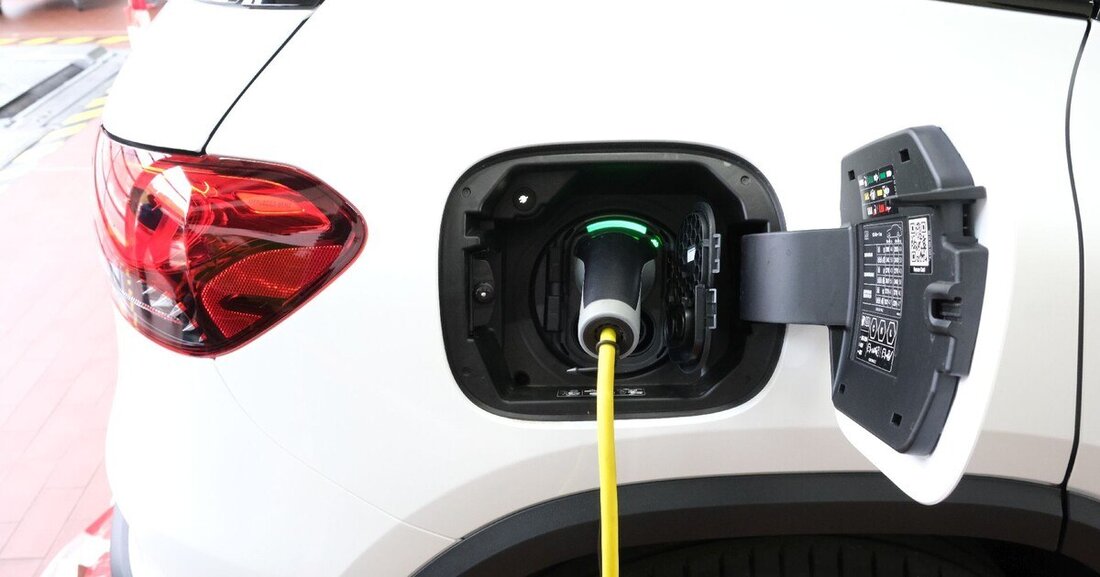E-cars: They really are that green”.
The VDI compared the ecological balance of electric cars, plug-in hybrids and combustion engines in terms of production and operation.

E-cars: They really are that green”.
One of the questions most hotly debated by supporters and opponents of electromobility is: At what mileage and with what energy mix are electric cars actually more environmentally friendly than combustion engines? In an extensive study, the Association of German Engineers VDI examined the entire ecological balance - from production to 200,000 km of mileage - of electric cars, plug-in hybrids and conventionally powered cars (diesel and petrol). The VDI life cycle assessment analysis compared the ecological footprint of various car drive concepts based on compact class vehicles produced today, such as the VW ID.3, Ford Focus, Toyota Corolla Hybrid or VW Golf.
In 2020, the VDI had already compared different vehicle types and drives over the entire life cycle (LCA study 2020). However, the calculation basis was comprehensively revised for the updated study. “In terms of content, we have added the area of hybrid vehicles, but passenger cars with fuel cells were not taken into account,” says Ralf Marquard, spokesman for the drive expert group in the automotive technology department of the VDI Society for Vehicle and Traffic Technology. If you look at the vehicles from production up to an assumed mileage of 200,000 km, electric cars and plug-in hybrids achieve the best results. It became clear that electric cars are becoming more and more climate-friendly as the proportion of electricity generated from renewable sources increases. But it is the green battery that makes e-mobility climate-friendly.
To achieve this, batteries will have to be produced and recycled sustainably in Germany and Europe in the future. In addition, there is no climate-friendly transport in Germany without the expansion of renewable energies. E-cars become more climate-friendly the longer they run. From around 90,000 kilometers onwards, electric cars in Germany are more climate-friendly than combustion engines. Given the assumed mileage of 200,000 km, the electric car under consideration and the plug-in hybrid from the compact class perform best in terms of climate impact.
- E-Auto: 24,2 t CO2
- Plug-in-Hybrid: 24,8 t CO2
- Diesel: 33 t CO2
- Benziner: 37 t CO2
The VDI’s most important recommendations for action for politics and business are:
- Ohne grünen Strom keine grüne E-Mobilität.
- Erst grüne Batterien ermöglichen grüne E-Mobilität.
- Standort Europa stärken: Batterien müssen in Deutschland und Europa mit erneuerbarem Strom nachhaltig produziert und recycelt werden.
- E-Fuels sind ein wichtiger Technologiebaustein.
- Plug-in-Hybride leisten bei hohem elektrischem Fahranteil einen positiven Beitrag.
- Eine neue leichtere Fahrzeugklasse M0 bietet für den urbanen Bereich zusätzliches Potenzial.

 Suche
Suche
 Mein Konto
Mein Konto